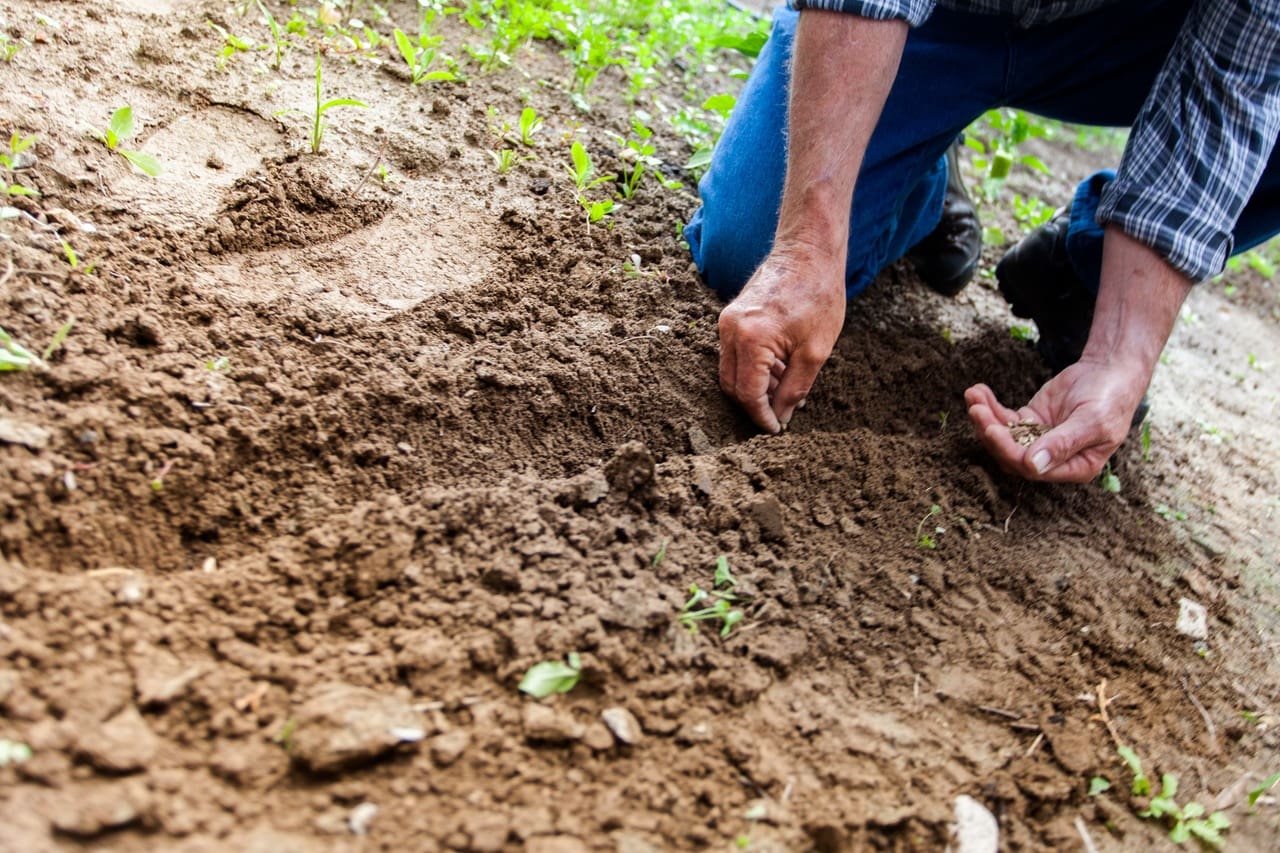How gardening can improve elderly health
Find out how The Good Care Group helps older people continue to engage in the activities they love by calling on our friendly team.
Gardening can be a fantastically rewarding activity for older people, with numerous health and social benefits.
In honour of National Gardening Week, we’ve taken a closer look at what makes it such a great activity and how you can help an elderly friend or relative get involved.
What makes gardening such a great activity for older people?
Health
Even light gardening is a form of low-impact exercise that can have a dramatic effect on your loved one’s health.
Spending a few active hours in the garden a couple of days a week can help improve strength, endurance and suppleness.
Actions like walking, lifting, reaching or bending help to build muscle and improve flexibility, as well as exercising a whole range of motor skills.
Exposure to sunlight helps the body generate vitamin D, which strengthens bones and reduces the risk of depression. Gardening has also been found to reduce stress levels and anxiety.
Wellbeing
Gardening’s a highly stimulating activity that can promote independence, improve mood and increase social interaction.
From casual conversations over the garden fence, through to garden centre visits and chats with other green-fingered enthusiasts, gardening provides a whole range of social benefits too.
Over a longer period of time, your loved one can create a space designed to their own tastes that’s conveniently located to help them get out the house as often as possible.
They can find fulfilment by watching their plants grow from seed to sapling, fruit or flower. If they’ve grown edible foods, they’ll also have a ready supply of fresh, nutritious ingredients.
Helping older people get involved with gardening
Here are some of the ways you can help your loved one get involved with gardening:
Overcoming potential risks
Help your loved one understand the potential risks involved with gardening, and the types of task they should seek assistance with. This includes:
- Falls: Use mobility equipment and encourage them to ask for help whenever needed.
- Sunlight: Make sure they’re using suncream and wearing a hat to moderate exposure to the sun.
- Injury: Encourage them to wear gloves and other safety equipment to minimise risks of injury.
- Temperature: Avoid dehydration and heat exhaustion by checking they’re drinking water regularly.
Getting the right equipment
Start by making sure the space is set up to meet their needs. This might mean paving areas of grass, raising flower beds, installing trellises or hanging baskets to aid with access.
An extensive range of gardening equipment is now available that makes tasks easier and less physically exerting. Find out what your loved one has trouble with and which tools might help.
Also, consider installing some specialist equipment – such as an automatic watering system – to make sure your loved one only need engage in the activities they enjoy.
Adding a social element
Encourage your loved one to engage in social events related to gardening, including:
- Local gardening clubs
- Open garden events
- Gardening classes and competitions
Offer to stop by and help out with any tasks they can’t perform whenever you can. Or, if they don’t have any outside space to tend, invite them to come and help out with yours occasionally.
Find out how The Good Care Group helps older people continue to engage in the activities they love by calling on our friendly team.
Discover more
Laura Davies supports Who Cares Wins! as Ambassador Endorser
We’re proud to share that Laura Davies, Chief Operating Officer at The Good Care Group, is supporting Championing Social Care this year as an Ambassador Endorser for their national conference, Who Cares Wins! Laura has been an ambassador for Championing...
Read moreThe Good Care Group partners with Age Scotland
We are proud to announce that The Good Care Group is now an Associate Group Member of Age Scotland, the national charity for older people. By joining Age Scotland’s community we are strengthening our commitment to supporting older adults across...
Read moreEnhancing independence by partnering with Mobility Hire
At The Good Care Group, we believe that staying in the home you love should never mean compromising on your independence. Our mission is to provide outstanding live-in care that empowers our clients to live life on their own terms....
Read moreRead why our clients choose us
Awards & accreditations
Talk to us about your care needs
To talk about your care needs, contact one of our friendly advisors.
Calls from landlines are free.












